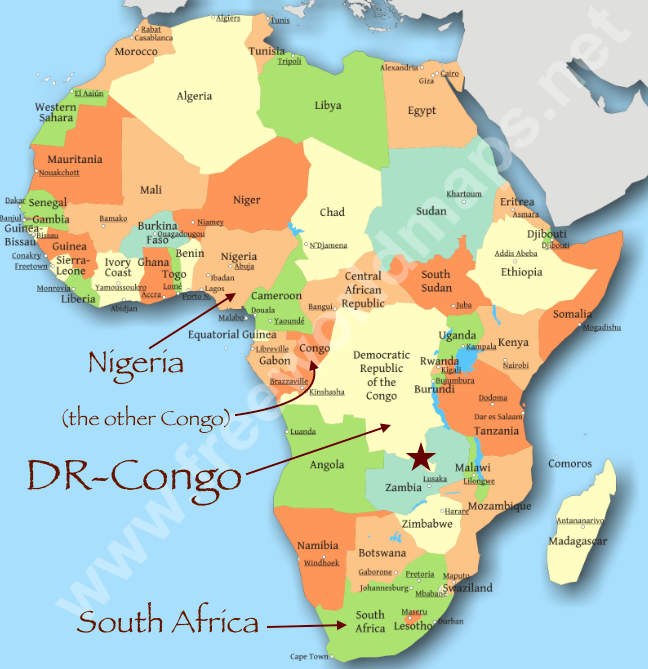Dear reader, we, of the editorial department of pcbycp would like to give our unreserved apology to the people of Bongo Congo. Yesterday we made unfair and insulting comparisons between Bongo Congo and the trajectory of the Australian energy market. In the article we likened Australian energy policy to that of third world country. Though we didn’t mention the tax haven corporate robbery of the Adani Carmichael mine, described by some as a ‘typical third world rip of the tax payer structure’, we did describe the rent seeking private monopolies attached to Australia’s ‘free enterprise’ systems as what you’d expect from a third word country. We used Bongo Congo as an example. In this respect we were wrong.
Bongo Congo is a small principality within the African sub continent and though it’s administrative institutions are described by some as ‘archaic’, it appears that the leadership demonstrated by their king is exemplary. For well over fifty years, King Leonardo 1 and his advisor Odi- Cologne, (a self styled Richelieu) have ensured Bongo Congo’s position as a world leader in inspired and progressive governance. Indeed the exports of the principalities principal manufactured good, the Bongo drum have gone through the roof since the market was opened up via international trade agreements. The bongo’s, produced by several local industries are highly prized and demonstrate the ‘can do” attitude of all Bongo Congan’s.
As a word leader in the field, the King, has ensured via tax incentives and the follow-on of research and development that Bongo society is now fully independent of the ‘iniquitous rent seeking bastardry of monopolistic global corporations’. (Leonardo’s speech to the people 2017). A leader in all indicies of education, research, manufacturing and health care. The King’s recent statement on privatisation of the electric sector, “Confound it Odi, these rent seekers will screw the people of Bongo-Congo to the wall if we let them in,’ sent shockwaves over the global energy supply community.
In spite of the doomsayers prediction that the Bongo currency, the ‘Bong” would fall, the opposite happened. Investment poured into the country as a renewed demonstration of a strong local economy, equitable tax rates and a policy of wealth distribution and the universal belief in good governance. Consequently, Bongo Congo is a first world power, and though unadorned with natural resources the economy is booming thanks to wise investment in manufacturing, research and social policy. And with the development of the ‘techno bongo’, the world’s first wireless fusion musical instrument, Bongo-Congo is now a world leader in desirable high quality manufactured goods. Since the Bongo-Drongo decree of 1971, all profits made by manufacturers are ploughed back into the economy to further research and development into high-end goods, renewable energy systems, innovative social policy and the twin pillars of universal education and health care. This stands in stark policy contrast to the explosion of investment into speculative housing ventures as the sole driver of the economy as has occurred in Australia.
WE regret this slight, and hope that the king and citizens take our unreserved apology in the spirit of reconciliation. Australia is clearly a third world country, and Bongo Congo a first world innovation powerhouse. Bongo’s success through imaginative public policy, investment in innovation and technology have made it thus. ‘That sort of thing just doesn’t happen here’ (Frydenberg). And if it did, as the Minister for Coal (Josh Frydenberg) pointed out to the South Australian government who want to spend 500 million, (half of what was spent on developing the myki travel card) to provide public ownership and certainty to South Australia’s energy needs, “it’s just not on”!
‘That’s what first world countries do, and as a consequence, we as proud Australians don’t want a bar of it’.
And who are we to disagree.



